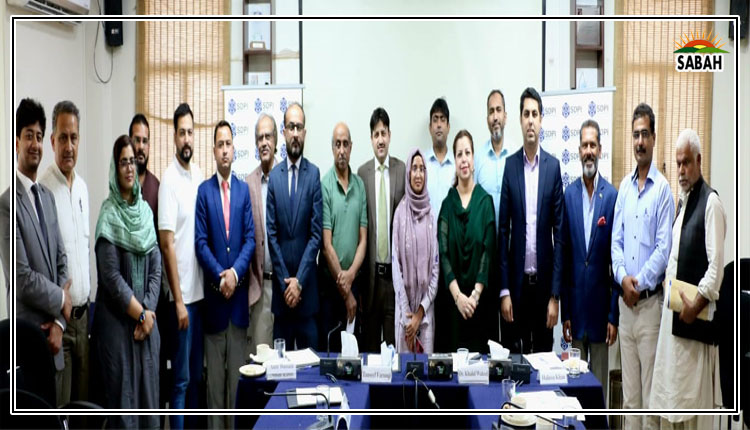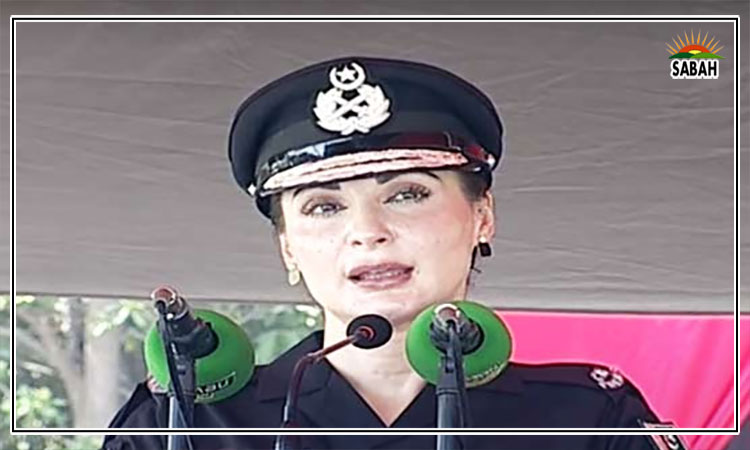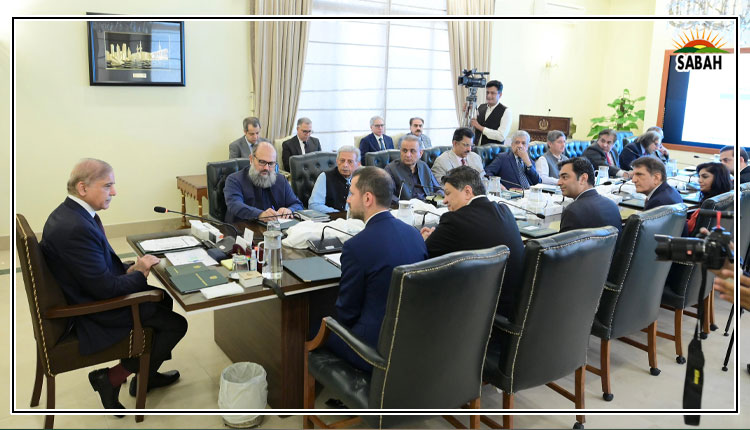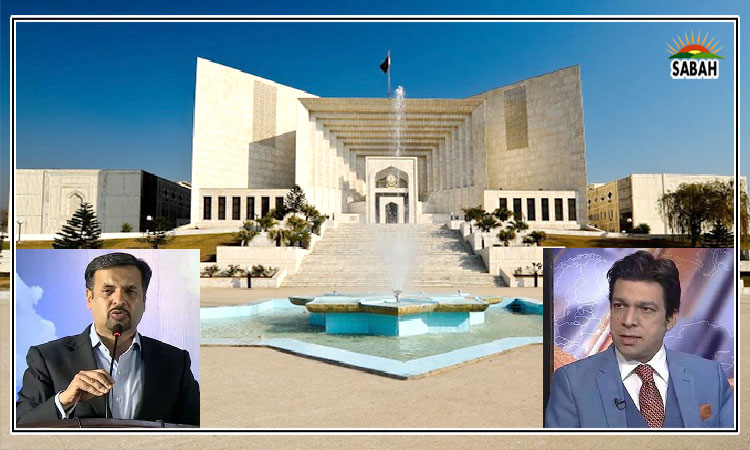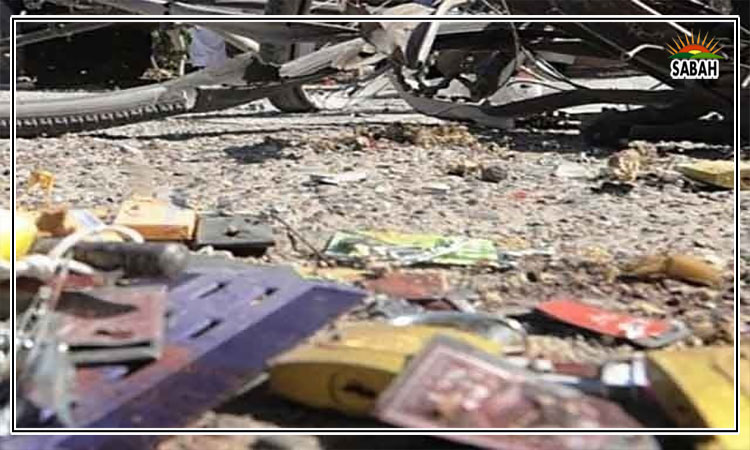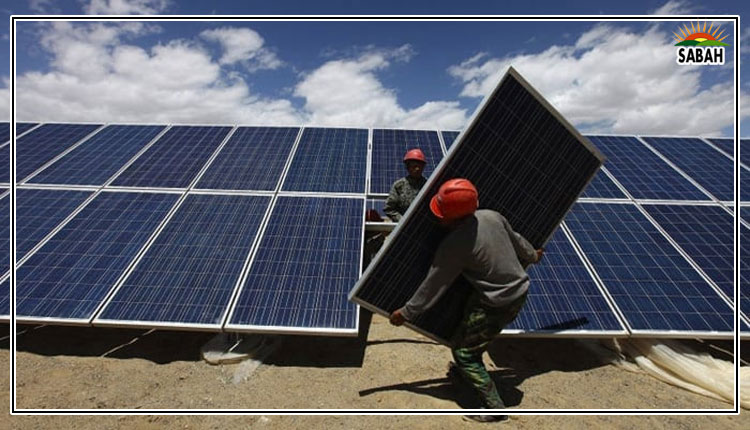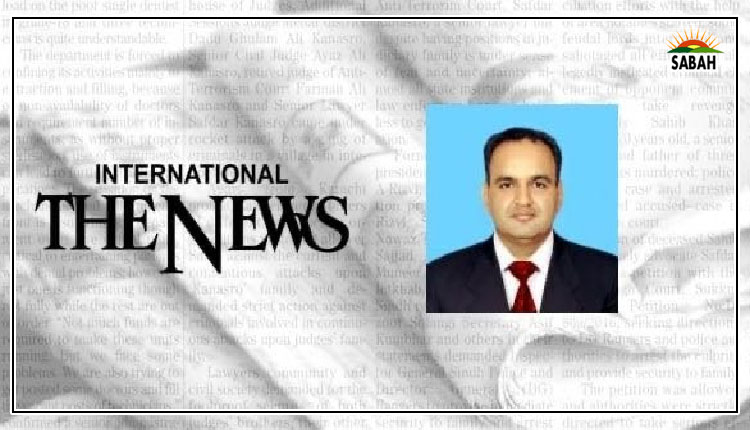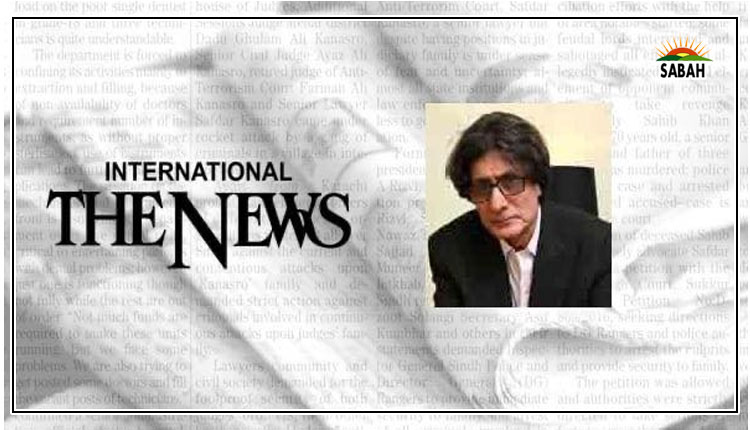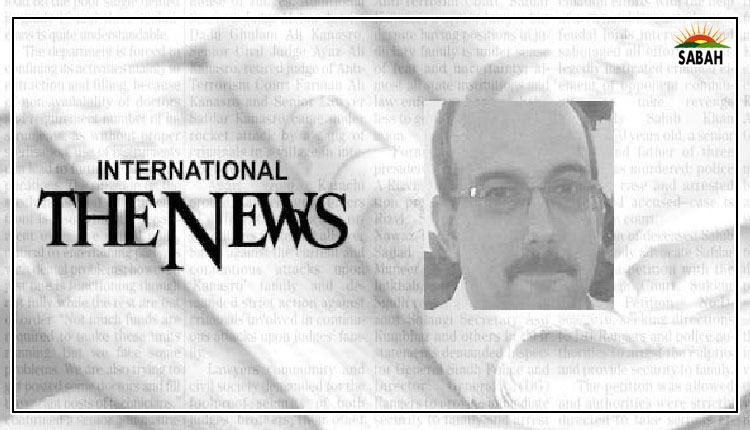Youth engagement fundamental to combat ‘Open Solid Waste Burning’: Speakers
ISLAMABAD, April 03 (SABAH): The speakers at a stakeholders’ dialogue on solutions to open waste burning demanded the government and all quarters concerned to come up with enhanced mobilization efforts focusing on youth engagement to stir solutions for open waste burning leading to serious health issues.

The Institute of Urbanism with the support of the Royal Academy of Engineering (RAE) and Sustainable Development Policy Institute (SDPI) held a dialogue titled “Ending Open Waste Burning in Islamabad: A Dialogue on Sustainable Urban Waste Management” here at SDPI.

Dr. Abid Qaiyum Suleri, Executive Director, SDPI said there are ample examples of waste-to-energy projects in the developing countries across the globe who are capitalizing on solid waste as a resource at par with the developed world. He said Pakistan is energy deficient and could optimize waste-to-energy opportunities that will help manage energy security and resource management within one intervention.
Dr. Suleri underlined that waste management in the peri-urban and town areas of the country was difficult. However, Islamabad has been chosen for the dialogue to highlight the woes of waste mismanagement in urban areas that can help understand the extent of mismanagement in the solid waste sector across the country. A strong local government system was crucial to tackle this problem as it was the local body system after the municipal authorities that was responsible for waste management, he added.
Dr. Ejaz Ahmed, Senior Program Fellow, IoU said there is hardly any waste disposal system across the country, whereas the issue of smog is basically due to the burning of rice stubble. The industrial National Environmental Quality Standards (NEQS) implementation is important as hazardous hospital waste is not being dumped properly, and electronic or E-waste is another area emerging in the country over time. “Islamabad is better but only its 60-70% waste is being managed while the rest is burnt in streets and open places which is highly injurious to health due to dangerous emissions from plastic burning and other materials,” he said.
Dr. Ejaz underlined that some 50 million metric tons of waste was generated at an annual growth rate of 3-5% per year in the country, but despite that the solid waste was not considered a resource. “Open waste burning is done regularly in Rawalpindi and Islamabad. However, 24% of households are involved in open waste burning. Many of them know about its hazardous impacts but continue to burn it,” he said while citing the IoU study outcomes.
Syeda Shazia Adeel from the National Institute of Health (NIH) said waste burning resulted in the spewing of carcinogenic fumes and pathogens causing serious diseases. However, the Institute could contribute to data sharing, surveillance, research, organize workshops, and build comprehensive plans to cope with it and develop policy plans.
Moreover, the NIH could also ensure community engagement as it did in the COVID-19 pandemic, monkeypox, cholera, and other serious disease outbreaks. She mentioned that the National Command and Operation Centre (NCOC) was its international data surveillance center that provides evidence-based data collection which is lacking in the country.
Dr. Mansoor Ali from the Royal Academy of Engineering, UK said there was a great opportunity for mutual learning between India and Pakistan under RAE projects on waste management research. However, there was a shift in policy and attitudes of politicians towards waste management, which was very important, he said. “The IoU has a crucial opportunity to engage with politicians to guide them through their evidence and data as an active phase of the waste management sector is going on,” Dr Mansoor said. He noted that peripheral burning was another issue that was very challenging in the capital’s vicinity and Rawalpindi. However, the affordability of the technology was an uphill task that would drive the limitations of innovative ideas to manage waste as a resource. “We need to promote mutual partnerships for learning and beyond the project cooperations,” he added.
Dr. Abida Shareef, FJWU leading an integrated solid waste management project, said research is the most important component expected from academia, whereas she had surveyed 11,000 households through the door-to-door campaign. “52% of the survey respondents believe household waste is not hazardous. She says household waste segregation can be done by training females at home. Again 53% of the respondents believed that it cannot be segregated. It proved the little knowledge of the community on waste management that needed to be improved through awareness and education,” she said.
She also noted that 58% of the respondents thought it was not illegal to burn waste, whereas 47% thought it was a smart way to burn and manage waste. The survey found out that females burning waste at the household level were few whereas the major problem was at the communal level at open dumping sites where communities and waste management officials were involved in setting up trash at fire, she added.



